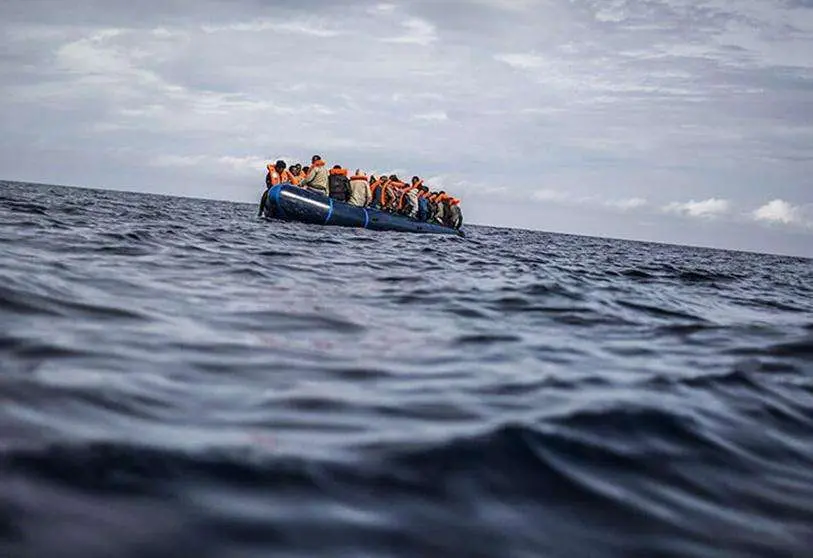The "other" Spanish crisis of 2020

Spain is suffering the worst migration crisis since 2006. According to the latest immigration report by the Ministry of the Interior, between 1 January and 15 November 16,760 migrants arrived on the Canary Islands' coasts in patera or cayuco boats, 1,019.6 percent more than for the same period in 2019, even exceeding the number of people who have arrived irregularly to date in the rest of Spain, which stands at 15,667. In general, the number of immigrants who arrived in the country both by sea and by land between 1 January and 15 November 2020 was 33,946.
Of the more than 16,000 immigrants who arrived in the Canary Islands in 2020, 8,000 are Africans, 60 percent of whom are of sub-Saharan origin, predominantly Malians who are fleeing not only from famine or drought but also from submission to radical Islamic laws (sharia).
The expansion of Jihadism or Holy War in the Western Sahel (especially in Mali) has intensified from 2012 to 2020 to levels of such gravity. In 2019 alone, over 4,000 people were killed in the region, according to the International Observatory for the Study of Terrorism.
As Colonel Jesús Díez states in an article on the Jihadist phenomenon in the thematic magazine of the Victims of Terrorism Foundation, 37 percent of the population of the Western Sahel was the target of attacks in the first half of 2020 alone.
The central and western Sahel covers a wide range of countries such as Mali, Mauritania, Burkina Faso, Niger, Nigeria, Chad and Cameroon. Some are among the lowest levels of the human development index (HDI) after decades of extreme poverty. The Mauritanian, Moroccan or Senegalese governments do not know how many people are waiting for an opportunity to go to sea, but estimates by local police, following the arrests of criminal groups in summer 2020, put the potential volume of migrants at more than 200,000.
The health factor against the COVID has become an incentive for organisations seeking to implement the Jihad. Islam was never a problem among the Sahelian countries until Jihadism transformed social relations.
The arrest in Mogan, south of Gran Canaria, of a Salafist who was recruiting women for Al Qaeda in the Islamic Maghreb has set off alarm bells. On the other hand, another large part of the illegal immigrants are of Moroccan origin, and this is the nationality of most of the subjects arrested in anti-Hispanic police operations in 2020.

Both the COVID and Jihadism are two of the main reasons why Spain is suffering the worst migratory crisis in over a decade. However, Jihadism seems to be a taboo subject avoided both by immigrants, "Of which they never speak because they also fear that they will be confused with a radical", and by nationals who, fearful of being described as intolerant, ignore the risks it entails.
Bearing in mind that most of these immigrants practice Islam and that Spain is in the sights of the global Jihad, certain "weaknesses" should be taken into account.
At present and at all levels, we make probabilistic decisions. Aeroplanes are considered the safest means of transport; however, before each flight an inspection is carried out to guarantee its safety.
Another example would be the case of metal checks at airports. How many cases have there been in which a terrorist introduced weapons into a flight? If we look at this data, we can see that the probabilities, although ridiculous, are sufficient to take so many precautions. However, avoiding the damage that this may cause compensates for the many security measures that must be taken to avoid any minimal "possibility" of events of such magnitude.
Jacobo Salvador Micó Faus. Criminologist specialised in "Analysis and prevention of terrorism"


